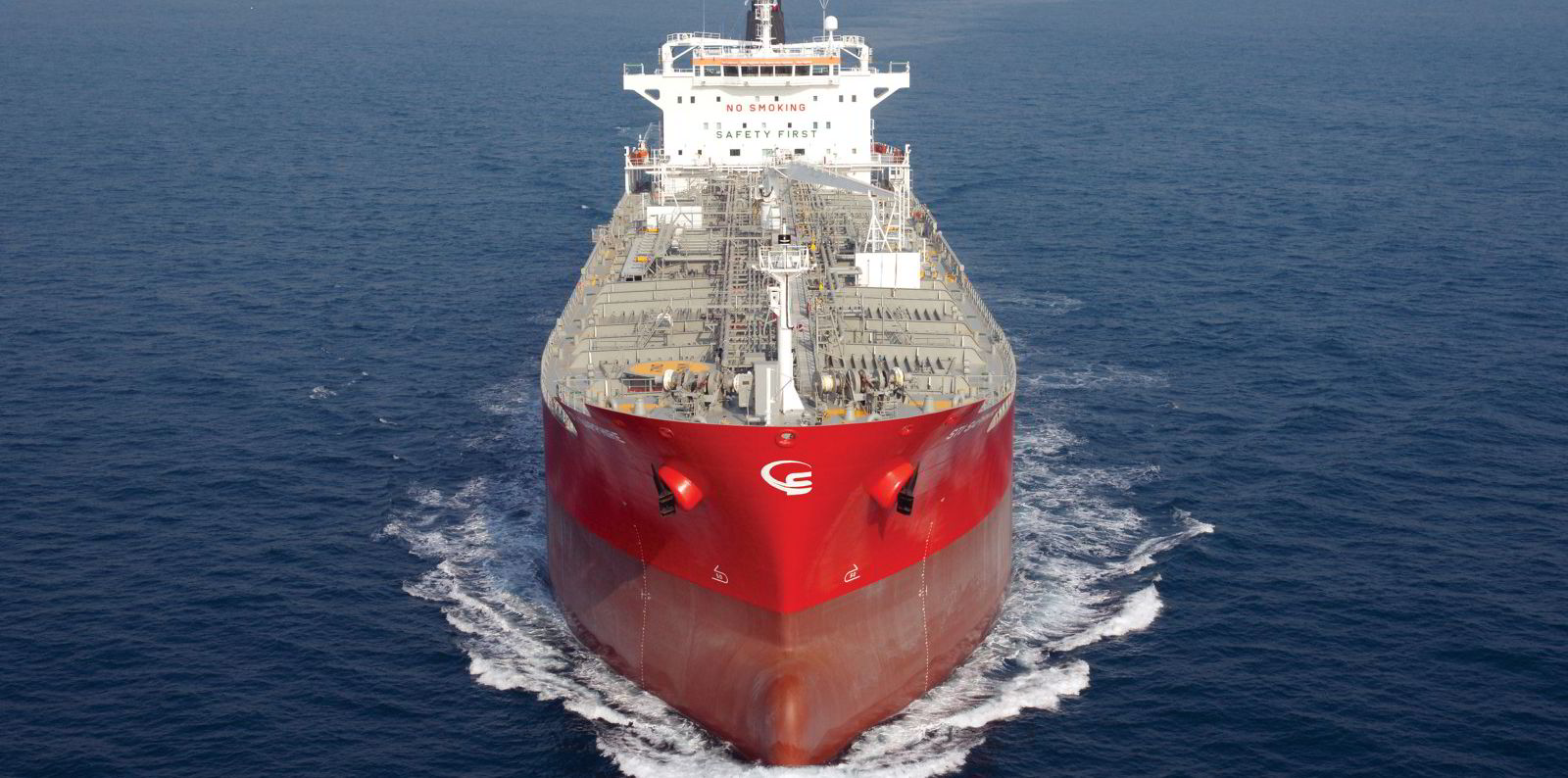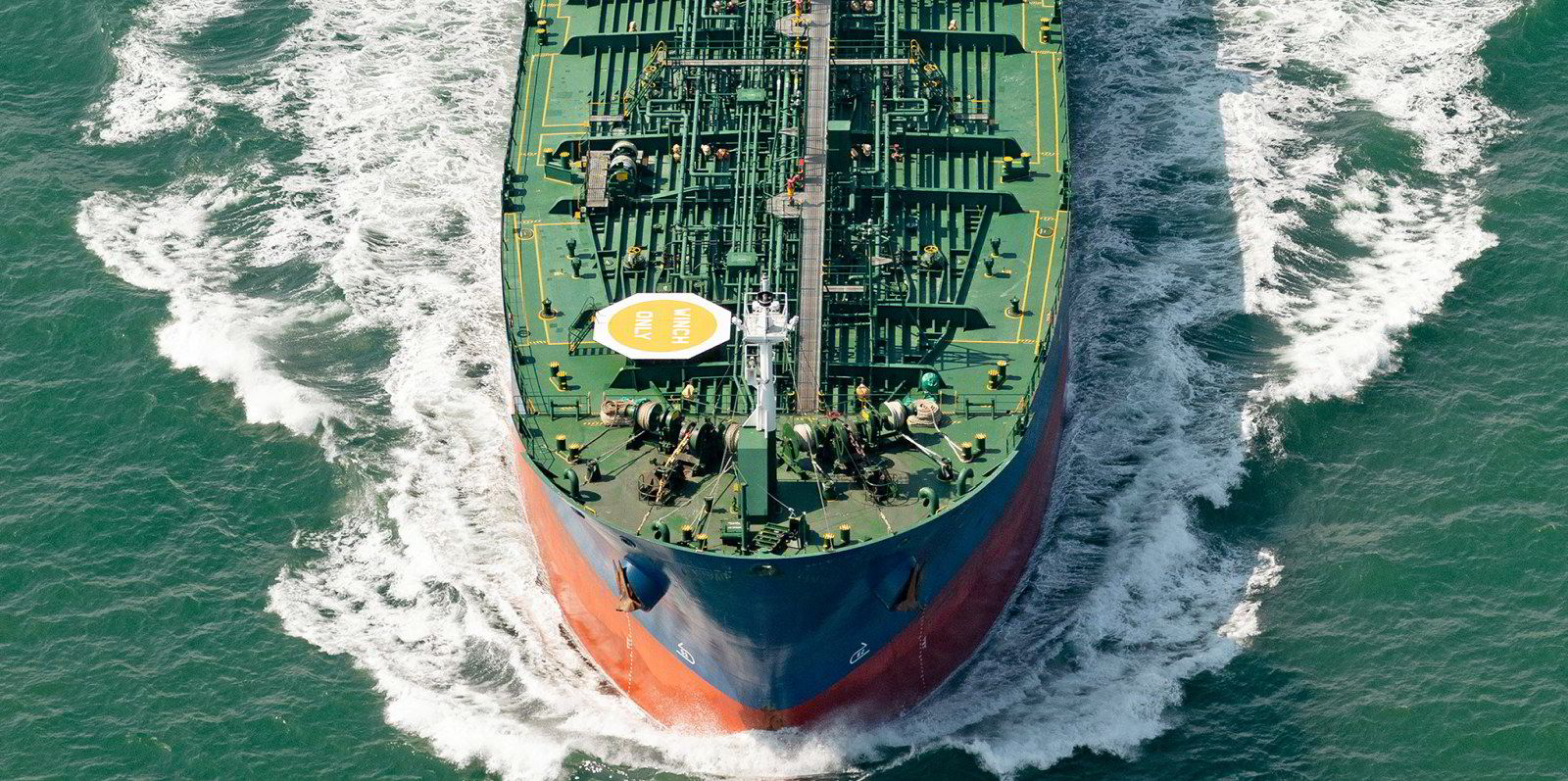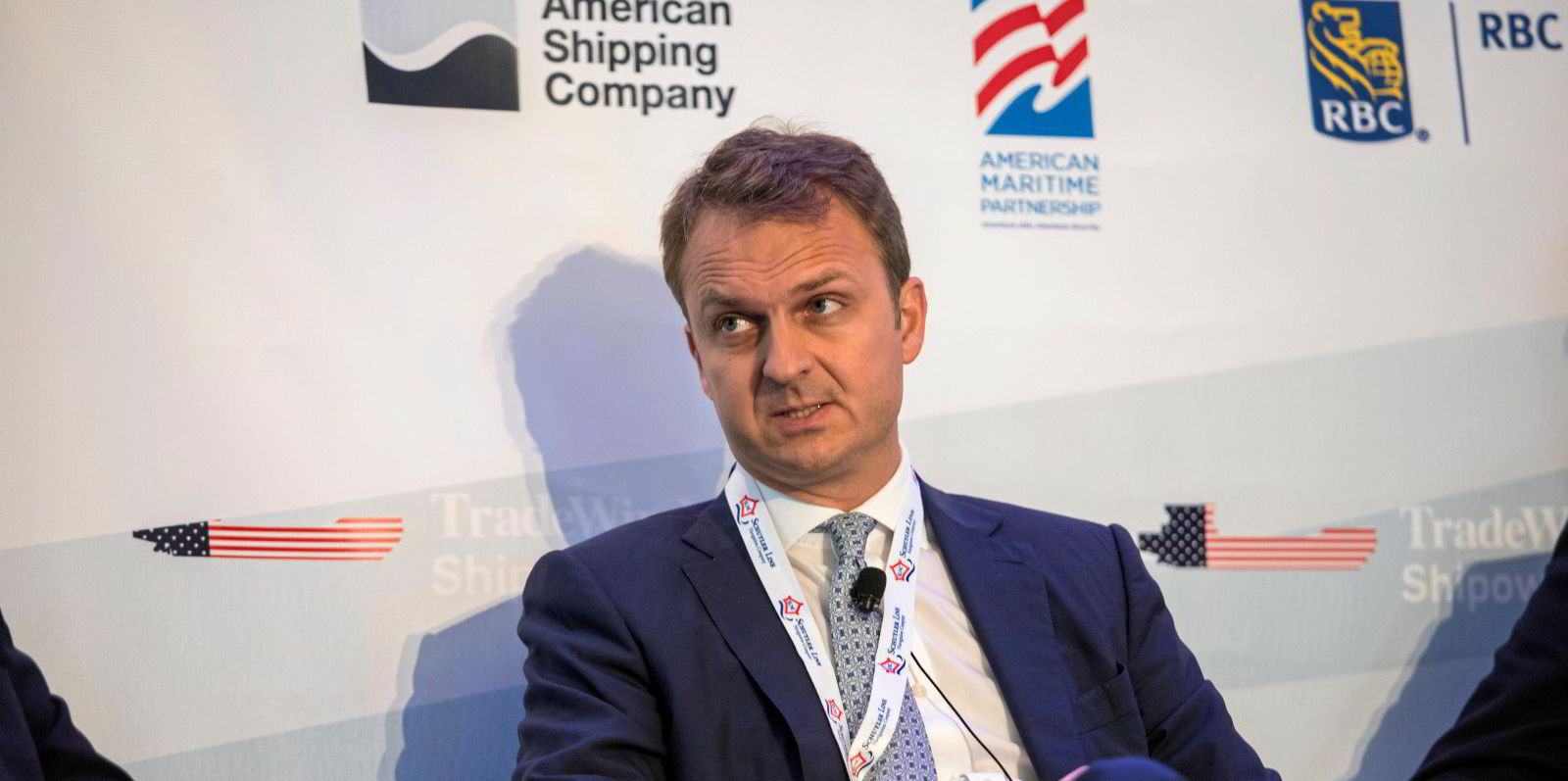MR tankers owners hoping for a boost from increased shipments across the Atlantic during what is usually the strongest period of the year could be in for a disappointment, according shipbroker Poten & Partners.
Gasoline prices in the US are close to their highest level since 2014, and with relatively low inventories and Thanksgiving — a national holiday — looming, all eyes will be on supplies in the coming weeks and months, in particular on the US East Coast.
"The transatlantic refined product trades between Europe and the US have always been an important source of employment for MR product tankers," Poten said.
"The densely populated US Atlantic Coast (PADD 1) is an important source of gasoline demand and since there is insufficient refining capacity on the US East Coast, most of that gasoline is moved into PADD 1 from the US Gulf Coast (PADD 3) or imported from abroad."
Poten said that while Canada is the largest individual foreign supplier of gasoline, accounting for 25% of US imports, the combined exports of various European countries such as the Netherlands, the UK, Spain, Portugal, Norway and Finland make up almost 50% of the total.
The remainder of gasoline imports into PADD 1 come from a variety of sources in Latin America, the Middle East and Asia.
"While the Canadian movements are predominantly done on controlled tonnage, the moves across-the Atlantic from Europe are mostly spot cargoes fixed on MR product tankers," Poten said.
Europe does not currently have surplus gasoline and exports have been more limited
Poten & Partners
Despite strong demand for gasoline in the US, expectations of high import volumes from Europe have not materialised.
"At the moment, the European gasoline market is in steep backwardation, which means that demand is outstripping supply," Poten said.
High crude oil and natural gas prices have lowered crack spreads, so despite higher prices, refiners in Europe are not incentivised to increase runs.
On top of that, Poten said several European refineries are closed for maintenance. Gasoline inventories in Europe have been depleting as a result.
"Because of this, Europe does not currently have surplus gasoline and exports have been more limited," the shipbroker said.
"This has pushed up prices and reduced gasoline arbitrage opportunities. This could be temporary and indications are that exports to the US have increased again from a very low October number."
However, Poten said one of the risks facing future product exports from Europe is the possibility of a "fourth wave" of Covid-19 infections in Europe.
"Whether this is due to complacency or vaccine hesitancy, the Covid-19 infection rate in Europe has increased again and some countries are reintroducing movement restrictions," the broker said.
"If this trend continues and spreads to other parts of the world, like the US, this could put a significant damper on the recovery in product demand."
On a more positive, Poten said MR scrapping has picked up "markedly" this year.
"Year to date, we have recorded the demolition of 25 MRs, which is the highest number in more than 10 years. This compares to only 12 MRs sold for scrap in 2020 and 17 in 2019," the shipbroker said.
"If this trend continues, it will help rebalance the market, especially since the MR orderbook is only 4.7% of the fleet, which is well below historical averages. One year ago, the orderbook still represented 7.9% of the fleet."





